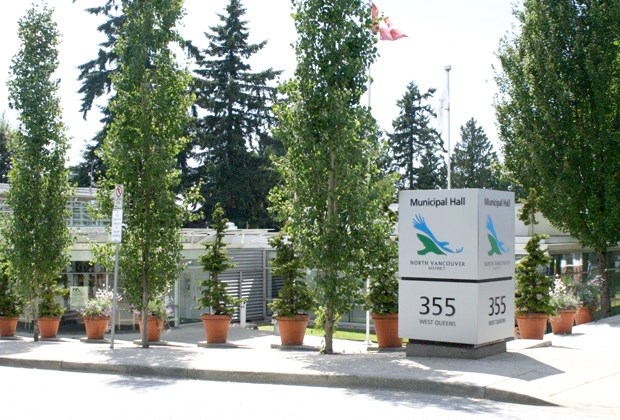There is help for hungry people, but right now it's in the garbage.
Approximately 40 per cent of food produced in Canada is not eaten, according to a 2012 study compiled by an Ontario think-tank, the Value Chain Management Centre.
Much of that food could easily be rescued, cooked and served, according to chef Scott Rowe of the North Shore Table Matters Network, who made a presentation to District of North Vancouver council March 24.
Metro Vancouver throws out approximately 250,000 tonnes of food each year.
"What do we want to do with this food?" Rowe asked council. "Do we want to turn it into biofuels, compost, or do we want to feed people?" Both the District and City of North Vancouver voted to instruct their respective municipal staffs to examine a food rescue program.
Rowe's presentation comes in the wake of Metro Vancouver's plan to ban food scraps from garbage cans in 2015. Food tends to get squashed in landfills, producing methane rather than breaking down.
However, the plan to ban food scraps does not address feeding people, according to Rowe. And there is food ripe for rescue, he said.
Major retail grocery stores often toss out food that is past its best-before date but safe to eat. "The North Shore consumer has already paid for this food. It's included in the retail price," he said, adding that the protocols in place at chain restaurants also result in bulging dumpsters.
Currently, only a sliver of edible food is recovered, according to Rowe.
Rowe served as the chef of the New Hope Cuisine food rescue program. The day would begin with a truck driver plucking surplus food from retail grocery stores and returning it to the Salvation Army's kitchen. From that point, Rowe and a team of students and volunteers would turn the food into low-cost meals or free food baskets. The program recently shifted course after the low-cost meals were seen to compete with the private sector. "We're looking at serving the community not competing with it," said Peter Defehr, Salvation Army's community ministries director.
The Salvation Army has maintained the frozen meal program but shut down the commercial catering aspect.
Use Layar app with iOS and Android mobile devices to access more digital content in today's issue:
Aristocats page 1 Highway 99 crash page 3 Caulfeild Park cleanup page 11



